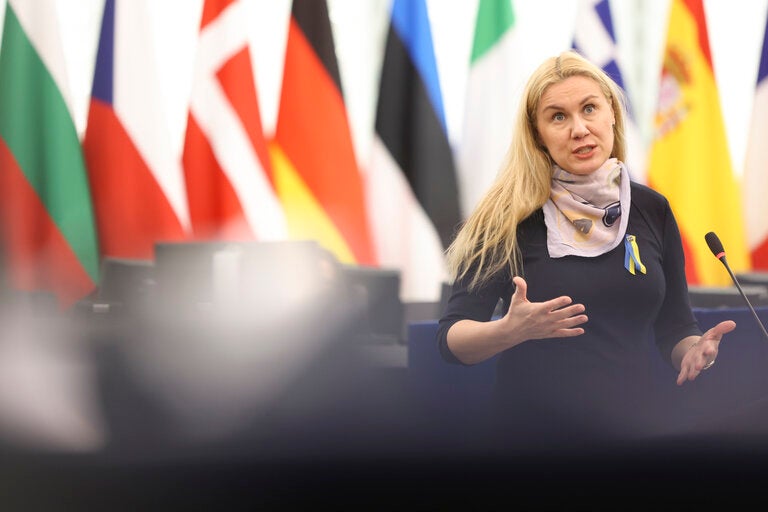
The European Commission (EC) proposed new energy reforms on Wednesday, which aim to triple renewable energy production in the EU by 2030.
The plan will also promote the phase out of natural gas use and reduce dependency on Russian resources. The reforms are proposed following a period of volatility for the EU energy market.
Revisions are likely to be made to a number of pieces of EU legislation, including the Electricity Regulation, the Electricity Directive, and the REMIT Regulation.
Incentives will be given to non-fossil energy producers to encourage them to expand their operations, including longer contracts. The EU seeks to use renewable energies as a means of increasing energy security and accelerating decarbonisation.
This deal is part of the Green Deal Industrial Plan, which will work alongside the European Green Deal and the REPowerEU Plan. The plan seeks to increase the competitiveness of Europe’s net-zero energy industry.
EU Commissioner for Energy Kadri Simson said in a statement that the new plan comes as “tight global supply and Russia’s manipulation of our energy markets has left many consumers facing massive increases in their energy bills. We are today proposing measures that will enhance the stability and predictability of energy costs across the EU”.
Proposed Reforms
The EC will deploy long-term power purchase agreements, through which companies can establish their own direct supplies of energy. Contracts for difference, which stabilise the price of electricity being sold by producers, will also be used, with member states obligated to channel excess revenue back to consumers.
The bloc will also implement “forward contracts,” which lock in future prices, accounting for potential volatility in the energy market. New obligations and deadlines will be put in place to encourage implementation.
The EC also seeks to protect against potential market abuse through increased monitoring and strengthening the Agency for the Cooperation of Energy Regulators’ role in investigations.
Natural gas, which will be phased-out by the reforms, still underpins much of EU power production. In 2021 one-third of the EU’s electricity came from burning gas. A timeline is not given for the phase-out.
Proposed forms will be discussed by European Parliament before they can be put in place.



